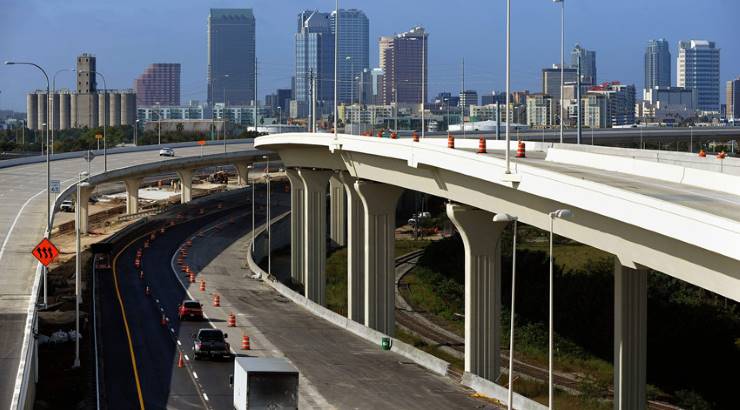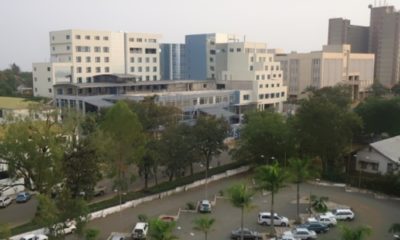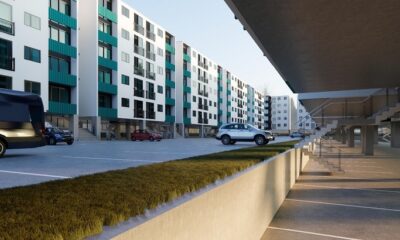Infrastructure
Uhuru Highway double decker road project set for further delay
The elevated highway will be subject to toll charges of up to Sh1,000.

Construction of a double decker road in Nairobi, which was scheduled to begin in 2011, looks set for further delays nearly a decade after Parliament approved the Sh38 billion project.
According to the Kenya National Highways Authority (KeNHA) — the implementing agency, the groundbreaking for the project will not be held until further studies for a comprehensive design are concluded.
“There are further studies being done on bus rapid transit system (BRT) to be completed in March and detailed engineering design nine months after,” said KeNHA director-general Peter Mundinia.
The BRT is a key feature of the elevated highway, and it involves building a dedicated lane for large-capacity buses to ease traffic congestion in Nairobi.
The Uhuru Highway double decker road project was set to begin this year following the signing of a financing deal with World Bank mid last year.
The project, which was approved by Parliament in 2008, will be built in three phases starting with phase one, which will be a 6.5km stretch from the Jomo Kenyatta International Airport (JKIA) to Likoni Road.
Phase two, spanning 12 km, will link Likoni Road to the James Gichuru Road junction on Waiyaki Way in Westlands while the final segment will run from James Gichuru Road to Rironi on the Nairobi-Nakuru highway.
The elevated highway will begin a few metres from the Haile Selassie roundabout in the CBD and will run past the University Way roundabout.
Haile Selassie Road, Kenyatta Avenue and University Way will pass below the proposed double decker road.
The project, which is part of KeNHA’s plan to improve the thoroughfare from JKIA to Rironi in an effort to ease traffic congestion in the city, will be built at a cost of Sh38 billion.
The elevated highway will be subject to toll charges and motorists who wish to escape the traffic jams on Mombasa Road by using the facility will have to part with up to Sh1,000.
“The express road will be subject to toll charges, estimated at between Sh500 and Sh1,000 for convenience to those in a hurry,” said Transport Secretary James Macharia, adding that those unwilling to pay will continue using the current roads.
In 2008, Parliament sanctioned the construction of a 77 km double decker road in Nairobi under a 30-year build-operate-transfer deal that allows investors to put up a development, operate it for an agreed period to recoup their investment and profit before handing it over to the State.
Nearly a decade later, the project is yet to begin. The first attempt to push the project forward collapsed in 2011 after the World Bank declined to release funds citing the lack of credibility of some of the firms contracted by the Kenyan government.
UPDATE: (February 22, 2018) – KeNHA has now abandoned its plans for Nairobi double decker road in favour of a new design that includes flyovers and underpasses on sections of the JKIA-Rironi highway.












